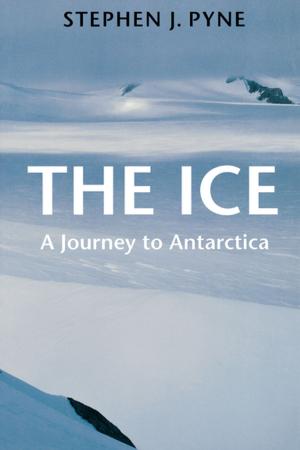Toxic Archipelago
A History of Industrial Disease in Japan
Nonfiction, History, Asian, Japan, Science & Nature, Technology, Agriculture & Animal Husbandry, Business & Finance| Author: | Brett L. Walker | ISBN: | 9780295803012 |
| Publisher: | University of Washington Press | Publication: | July 1, 2011 |
| Imprint: | University of Washington Press | Language: | English |
| Author: | Brett L. Walker |
| ISBN: | 9780295803012 |
| Publisher: | University of Washington Press |
| Publication: | July 1, 2011 |
| Imprint: | University of Washington Press |
| Language: | English |
Every person on the planet is entangled in a web of ecological relationships that link farms and factories with human consumers. Our lives depend on these relationships -- and are imperiled by them as well. Nowhere is this truer than on the Japanese archipelago.
During the nineteenth century, Japan saw the rise of Homo sapiens industrialis, a new breed of human transformed by an engineered, industrialized, and poisonous environment. Toxins moved freely from mines, factory sites, and rice paddies into human bodies.
Toxic Archipelago explores how toxic pollution works its way into porous human bodies and brings unimaginable pain to some of them. Brett Walker examines startling case studies of industrial toxins that know no boundaries: deaths from insecticide contaminations; poisonings from copper, zinc, and lead mining; congenital deformities from methylmercury factory effluents; and lung diseases from sulfur dioxide and asbestos.
This powerful, probing book demonstrates how the Japanese archipelago has become industrialized over the last two hundred years -- and how people and the environment have suffered as a consequence.
Every person on the planet is entangled in a web of ecological relationships that link farms and factories with human consumers. Our lives depend on these relationships -- and are imperiled by them as well. Nowhere is this truer than on the Japanese archipelago.
During the nineteenth century, Japan saw the rise of Homo sapiens industrialis, a new breed of human transformed by an engineered, industrialized, and poisonous environment. Toxins moved freely from mines, factory sites, and rice paddies into human bodies.
Toxic Archipelago explores how toxic pollution works its way into porous human bodies and brings unimaginable pain to some of them. Brett Walker examines startling case studies of industrial toxins that know no boundaries: deaths from insecticide contaminations; poisonings from copper, zinc, and lead mining; congenital deformities from methylmercury factory effluents; and lung diseases from sulfur dioxide and asbestos.
This powerful, probing book demonstrates how the Japanese archipelago has become industrialized over the last two hundred years -- and how people and the environment have suffered as a consequence.















